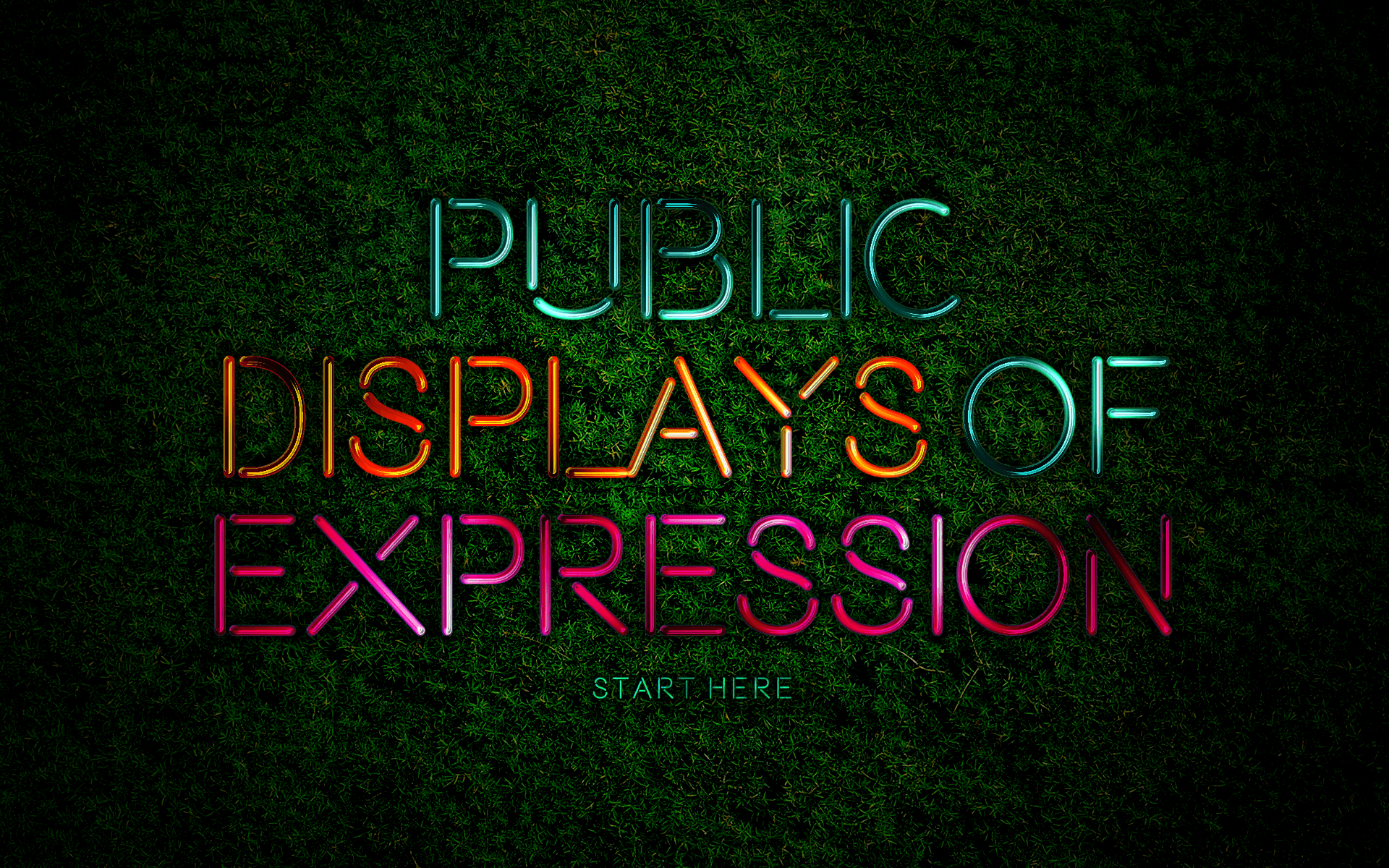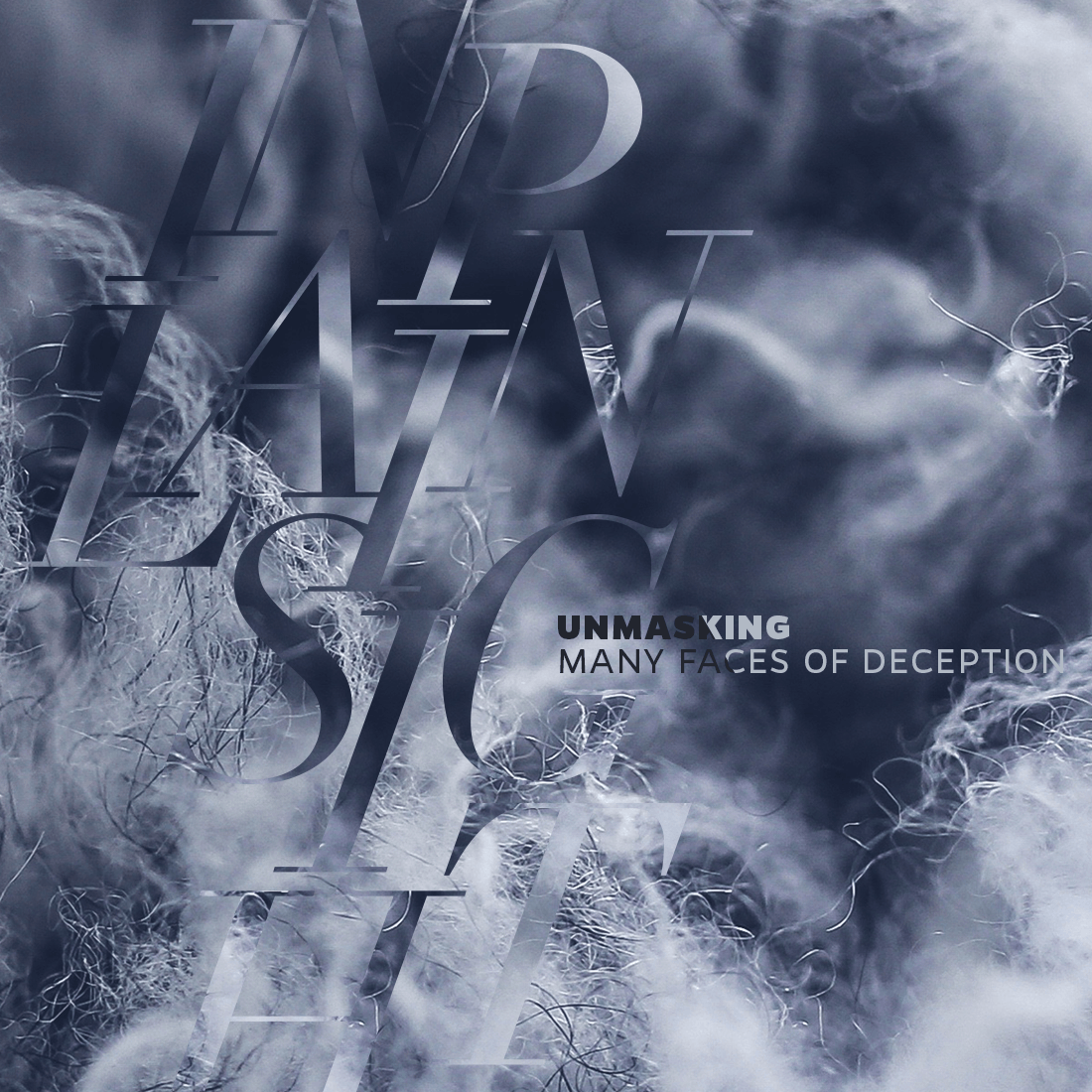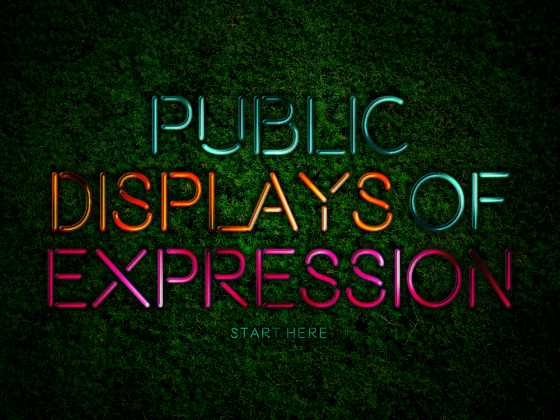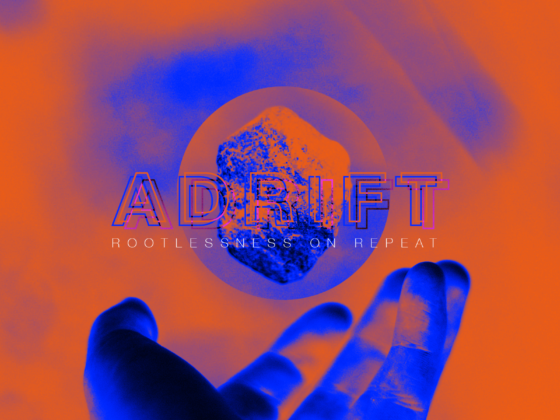LAUREN SCHERR
I write, but I’m not a writer. That’s a word reserved for poets, novelists, artists.
From nine to five I help people tell stories through a combination of their words and mine. Inherent to this writing is its public nature — it’s meant to influence the faceless readers of Businessweek and Fortune. Each piece is architected, edited, approved, pitched, then edited again.
In the quiet of the early morning, I sometimes sit down to write under my own byline. After three or four hundreds words, I can remember where other voices end and where mine begins. The words come from a part of the brain accessed while riding the subway more than six stops or after two glasses of wine.
These strings of words make it onto Medium, a website alternately described as a writing platform, a social network, and a publication without a business model. It’s a blank page with a blinking cursor: “Tell your story here.”

The words have more weight when they appear in an elegant serif font. I see my thoughts turn into things that can be counted, highlighted, titled — even though the drafts are mostly nonsensical monologues and meditative rants. When I have enough distance I’ll scrub out the bits that feel too self-indulgent, or whiny, or petty. I’ll try to tell a story.
There should be a word for the unintentional remnants of a vacation, like the sand in the crevices of your sunglasses. I keep eating raw fish to make it feel like I’m still near the Pacific. I looked up how much it would cost to stay in Hawaii for another four days. Just enough. My first day back was a rude re-entry into civilization. I heard a car crash just outside my building. I couldn’t look away from a couple wordlessly fighting on the subway platform. I did look away from the rats.
Medium is as good a place to read as it is to write. I wander through recommended links until I forget where I began. Personal essays appear in a stream of think pieces about healthcare reform, accounts of failed startups, and reflections on intersectional feminism. Authenticity is juxtaposed with self-promotion and jargon. Everyone is here for a different reason, and these reasons collide in a strangely posed dance.
A friend, referencing Mary Oliver, says, “Creativity moves in an orbit separate from regular work.” We exchange messages about the difficulty of finding that orbit, of cultivating the discipline and space to sustain this third self. The writing on Medium exists somewhere in the space between orbits. We are all figuring out who our selves are and what they might produce.
I carve out a space within this strange backdrop to write about the mundane but urgent experience of feeling alone in a big world. I try to find words for the thoughts that slip into my quiet moments. I try to pin down the feelings that otherwise wouldn’t be named.
There are people out there who observe the world with a strange combination of cynicism and excitement, who feel the pain of not being able to inhabit another body and know another mind.
I’ve never been able to compartmentalize. Medium doesn’t ask that I choose between the personal and professional, or even that I choose a genre. I can write prose poetry one day and productivity tips the next. Not everything has to be art, but some of it can be. And perhaps that means that the stakes, and my own expectations, aren’t quite so high.
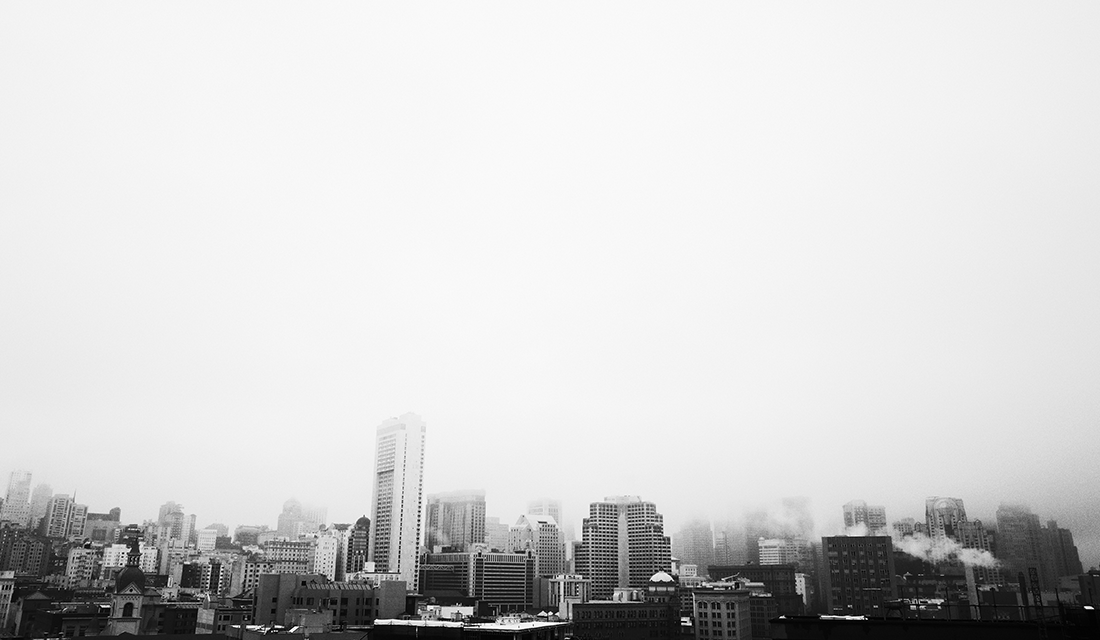
I’ve shared compulsively since middle school, when I created my first online journal. I wrote about the boys who called me a prude and a slut. I wrote about wanting to get far away from the tiny island where I had grown up. I wrote about the details of my self-consciously boring life, and about the sadness I felt no one else could ever understand. In high school, I was mortified to find my journal publicly shared on the internet. I made all posts private before deciding it would be better to delete everything. I have no record of several years’ worth of entries, just pangs of embarrassment.
After ten years of denial, I find I’m ready to write again. My first real post is about the spaces shared with strangers in San Francisco. It’s the only time I don’t have to submit myself for editing. No one reviews or approves or evaluates. I wonder, is it art if there’s no curator, no critic?
He explains that the Sri Lankan army killed his father, so he went to the government to complain — that’s the word he used, complain — but they kidnapped him. He escaped to Thailand and found a way, through a friend, to come here as a refugee. I can hear in his voice that he’s smiling as he says the words “San Francisco.”
It’s strange to listen without seeing his face, focusing on each word as I face forward, looking straight through the windshield. Maybe it’s easier to tell stories like this, when you’re both driving the same way.
What do you do for work? he asks.
I do a lot of writing for technology companies, startups mostly. My words drift off and I bring them back. Yes, I like it. I just fell into it. I find myself saying these words often. As if jobs are things you fall into, like love or a black hole.
It feels like coming out as a writer, or at least as a person who writes. The piece is syndicated and the views shoot up from hundreds to thousands. I feel high. There is potential here, the possibility of being seen. These efforts are validated by a dashboard that tells me how many people clicked on my story, and more tellingly, how many finished reading it. I anxiously refresh the page. I need to know I wasn’t whispering into the void.
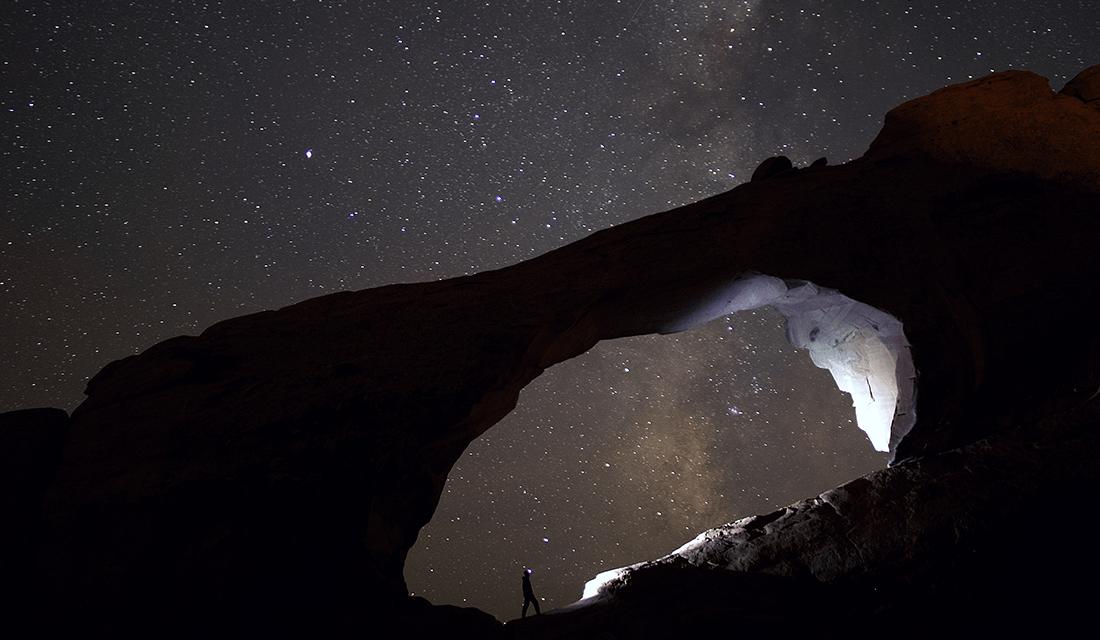
As I get more comfortable, I share things on Medium that some of my closest friends don’t know. They are the feelings I omit from regular conversation, or the plain facts that feel too heavy to state unless someone asks.
I write about moving to New York and it’s the first time I’m admitting to anyone how lonely I feel. Hitting “publish” gives me the burst of adrenaline and relief that accompanies confession. Over the next few days, I receive messages from friends who say they know some of the same emotions: the ache of trauma mixed with ennui. They’ve also spent too much money on coffee and wondered if this is how Tuesdays are supposed to feel.
The validation is comforting, but the insecurities remain. I worry that it makes me appear dull, or naive, or sentimental. I worry that my reckless sharing will hurt my relationships. What about the people who love me? Do they find themselves somewhere in the subtext? If they find nothing, do they feel stung by this absence? I worry, too, about the people who don’t know me. Maybe the words don’t resonate. Maybe they think I’m an awful writer. Most of all, I worry they’re put off by my small problems. I worry they might dismiss the feelings.
Still, my vulnerability feels safer here than in private spaces, where I would have to sit across from someone and look awkwardly at my hands as they read, painfully slowly, about my most intimate fears. After I publish something on Medium, it exists but doesn’t beg a response. The social obligation is diluted by the anonymity of the internet, by the sheer amount of content that inundates our feeds and inboxes. There is privacy in avoiding confrontation.
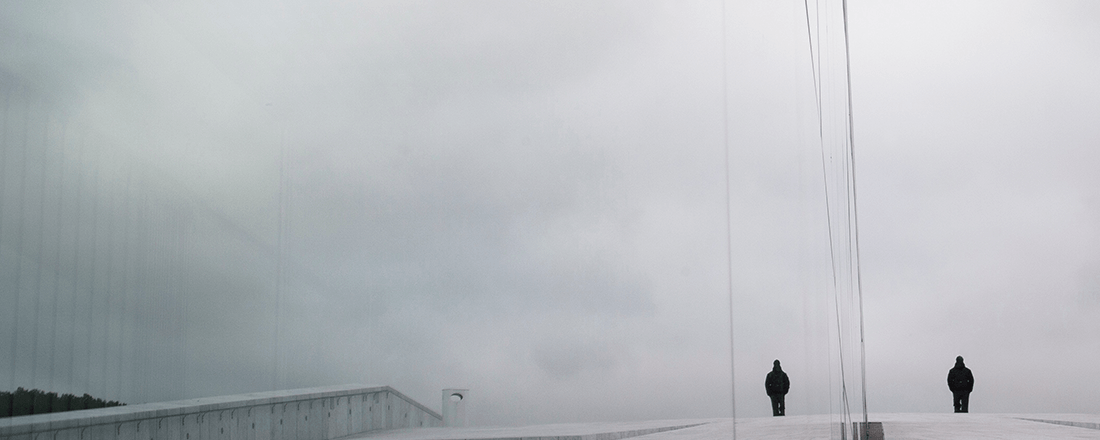
Medium is meant to be about depth rather than hot takes, authentic experiences rather than polished op-eds. It’s also meant to be neutral; the design itself reflects this. On Medium, my posts look the same as those written by Barack Obama, Elon Musk, and my favorite The New Yorker contributor.

I’m not the first person to point out that Medium is both a Silicon Valley company and a collection of posts by Silicon Valley people. My feed reflects this reality, which I know is exacerbated by my network, my industry, and my self-professed interests. Ev Williams created Medium with the vision of an open platform for exchanging information and ideas. In reality, most people are writing to curate their image, or to gain a following. Despite its founding vision, Medium is best known as the place where startup executives announce they’re leaving their jobs.
It’s an annoying cliche, but at least there’s a kernel of something personal in these public accounts of startup life. Medium affords the space for reflection, for some self-indulgence, and for the kind of vulnerability I rarely see on Instagram, Facebook, or LinkedIn.
I’m comforted by the fact that there’s no established subject matter or dictated genre. No one has chosen a prompt for me to respond to or business objectives to prioritize. Each post contributes to the rules of engagement, which have yet to be defined. It helps that Medium has no established advertising model — something that has stymied analysts and board members but makes me feel as if I’m part of an experimental project.
The social obligation is diluted by the anonymity of the internet, by the sheer amount of content that inundates our feeds and inboxes. There is privacy in avoiding confrontation.
The best content, in theory, rises to the top by some algorithmic magic, which I understand to be a combination of upvotes and editorial selections. Any given post could go viral under the right circumstances. I’m drawn to the possibility of exposure beyond my close-knit, private sphere. It’s comforting to feel that I’m not writing in my small corner of the internet.
The readers are anonymous unless they recommend my story or highlight some of the words within it. Without these notifications, the audience feels somewhat private. They are high school classmates, college club-mates, former coworkers, dead-end dates I met on Tinder, my mom’s friends, and relatives I mainly know through the photos they post of their children. They stumble upon the links offered up by algorithms. It’s the most I’ve ever said to many of them.
Is it art if there’s no curator, no critic?
I worry this network is too insular, not public enough. My ego wants to reach beyond the echo chamber of Facebook friends. Occasionally, I do. Some of the people who read my stories are true strangers — a mother of three who lives in rural Washington, a teenager from Japan, a disproportionate number of Italians. I look at their one-sentence bios to find some pattern. I can tell that a few of them are also people who feel things deeply. Some battle depression. Some have moved to new cities and felt entirely alone. But others appear to be carefree, untethered to the world of emotion and overthinking. They use Medium to chronicle the growth of their hydrangeas, or to write about topics including lean, agile, scrum, cloud, metrics.
I feel a kinship with the people who post essays that are meant to express the ineffable rather than boast about professional accomplishments. I understand what drives the former, and I relish in reading these stories, especially if it feels like the first time the writer has admitted something to him or herself. Their writing is a way of coming to terms with reality, and the reader is part of that revelation.
It is not community in the truest sense, but it is affirming. There are people out there who observe the world with a strange combination of cynicism and excitement, who feel the pain of not being able to inhabit another body and know another mind.
The writing on Medium exists somewhere in the space between orbits. We are all figuring out who our selves are and what they might produce.
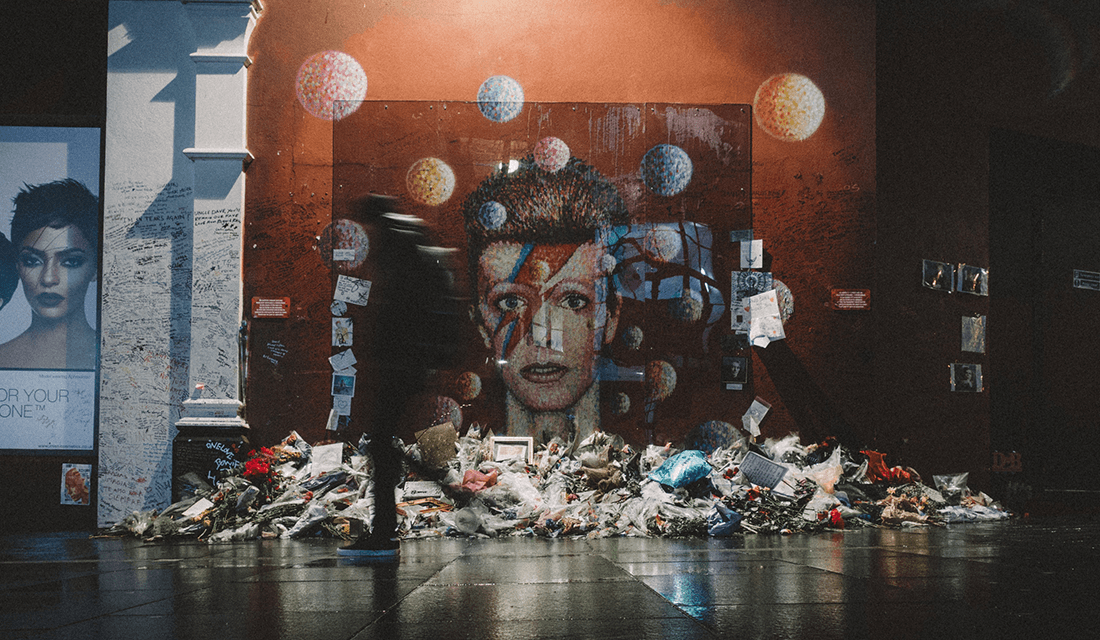
If art is in conversation with its surroundings, then my writing lives in a constantly changing collection of ideas, opinions, listicles, and hydrangea photos. “It’s just Medium,” I find myself saying. The subtext is that there is nothing inherently prestigious about publishing there; it’s a series of connected blogs. It is public. It is an evolution of our collective middle school journal. It is anything and everything.
But isn’t it then more special when a stranger comes across the most vulnerable self, held together by a string of words, and finds recognition in the midst of it all?

